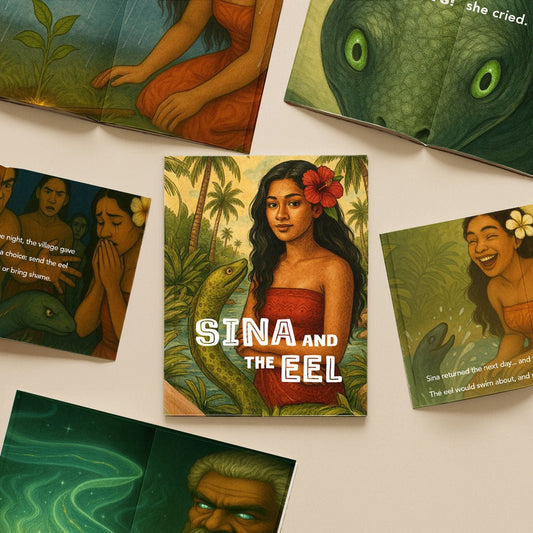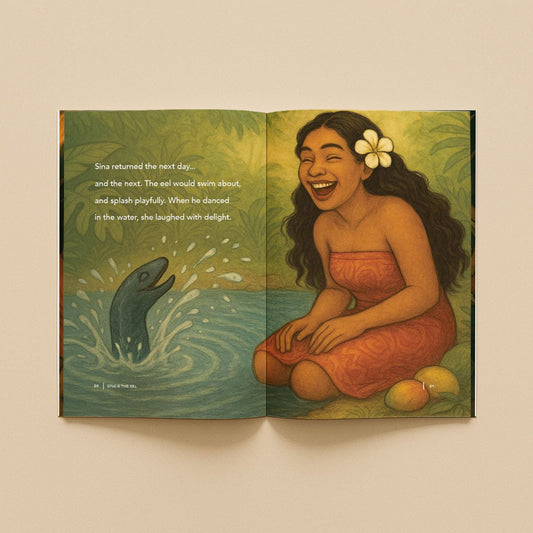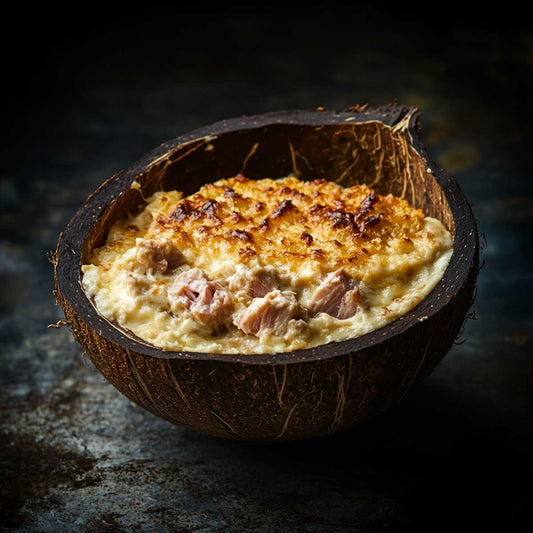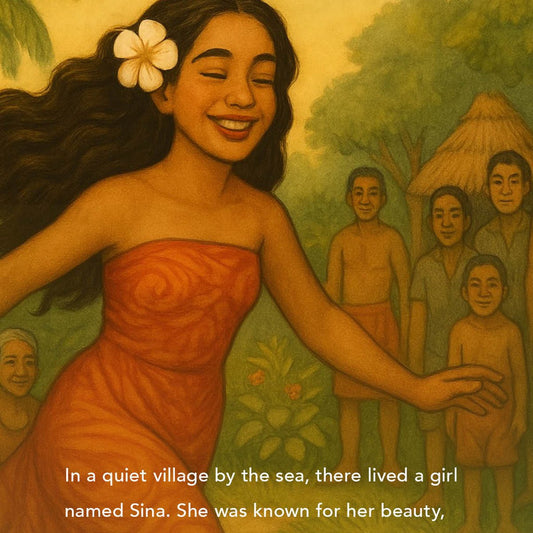A Definitive Guide: Are Samoans Polynesian? Exploring the Deep Roots of Pacific Culture
The vast expanse of the Pacific Ocean is home to countless islands, each with its own unique history and culture. Among the most recognized and influential groups are the Samoan people, whose powerful traditions and indelible spirit are celebrated worldwide. A common and essential question for anyone exploring the region's heritage is this: Are Samoans Polynesian?
The answer is an unequivocal and resounding Yes. Samoans are not just Polynesian; they are considered a cornerstone, a central pillar of the entire Polynesian world. Their culture, language, and ancient history are vital to understanding the origins and expansion of the Polynesian people across the great Pacific "Triangle."
This comprehensive guide will dive into the history, the geography, and the shared cultural traits that firmly place Sāmoa at the heart of Polynesia, highlighting the immense pride and rich heritage that defines the Samoan identity and its connection to the wider Pacific family.
The Polynesian Triangle: Defining a Cultural Space
To fully grasp the Samoan connection, one must first understand the concept of Polynesia. The term, derived from the Greek words poly (many) and nēsoi (islands), refers to a vast region in the Pacific Ocean defined by a rough triangle. The points of this enormous geographic and cultural triangle are:
- Hawaiʻi (in the north)
- Aotearoa (New Zealand) (in the southwest)
- Rapa Nui (Easter Island) (in the southeast)
Within this massive area, spanning millions of square miles, lie numerous island nations that share deep linguistic, genetic, and cultural ties. The Samoan Islands—comprising the independent Independent State of Samoa and the US territory of American Samoa—are situated in the western corner of this triangle, a region often referred to as West Polynesia. Other core Polynesian groups include the Māori, Tongan, Tahitian, Niuean, and Cook Islands Māori peoples.
Sāmoa: The Cradle of Polynesian Civilization
Samoa's place in the Polynesian world is not just geographic; it is historically profound. Many anthropologists and archaeologists consider the Samoan archipelago to be one of the homelands of the Polynesian people, making it a critical hub for the initial settlement and subsequent dispersal across the Pacific.
The Lapita Connection
The ancestors of the Polynesians are tied to the Lapita culture, a prehistoric people known for their distinctive dentate-stamped pottery. Archaeological evidence, most famously the discovery of Lapita pottery shards at the Mulifanua site on Upolu, indicates that the Samoan Islands were settled as early as 1000 BCE. This makes Sāmoa one of the oldest settled island groups in Remote Oceania, alongside Tonga.
The theory of Polynesian Expansion suggests that after initially settling the nearby islands of Fiji, Tonga, and Sāmoa (the cradle of Polynesia), a population pause occurred. It was from these Western Polynesian islands, particularly Sāmoa, that the legendary Polynesian navigators later launched their great eastward voyages, eventually settling Hawaiʻi, Tahiti, and New Zealand thousands of miles away. The shared linguistic and cultural traits across the triangle point back to this common ancestral heartland in the West.
A Central Link to All Polynesian Peoples
Samoa, through its ancient connections, is considered a vital link in the chain of Polynesian history:
- Language: The Samoan language (Gagana Sāmoa) is a Polynesian language and shares significant similarities with Tongan, Hawaiian, and Māori, stemming from a common Proto-Polynesian language.
- Navigation: Samoans were master navigators, using the stars, currents, and winds to traverse vast ocean distances, a skill set essential to the entire Polynesian migration.
- Shared Mythology: Many creation myths and ancient legends across Polynesia contain echoes and parallels to Samoan oral histories, linking the gods and heroes of the entire region.
Fa'a Sāmoa: The Cornerstone of Polynesian Values
Beyond history and geography, the most compelling evidence of Sāmoa’s Polynesian identity lies in its enduring culture, the Fa'a Sāmoa (The Samoan Way). The principles of Fa'a Sāmoa—which emphasize family, hierarchy, and service—are echoed in the core cultural values across the Polynesian Triangle.
Core Cultural Values
The following Samoan concepts are deeply resonant throughout the Polynesian world, though they may go by different names:
- 'Aiga (Family): The extended family is the center of Samoan life. This strong emphasis on kinship, community, and mutual assistance is a defining trait of all Polynesian societies.
- Tautua (Service): The belief that authority and leadership are earned through service to the family and community. This respect for hierarchical structure and the concept of earning one's place is fundamental to the Polynesian social order.
- Matai (Chiefs): The traditional system of chiefs who govern the villages and represent the extended families. This communal, chief-led system of governance is a shared legacy across most Polynesian islands.
- Māfana (Warmth/Spirit): A concept that captures the infectious warmth, hospitality, and energetic spirit that Samoan people, and Polynesians in general, are famous for.
Arts and Traditions
The artistic and ceremonial traditions of Sāmoa are also unmistakably Polynesian, sharing a common origin and aesthetic with their neighbors:
- Tatau (Tattooing): The Samoan word tatau is the root of the English word "tattoo." The practice of the pe'a (male tattoo) and malu (female tattoo) is one of the most significant cultural traditions in the Pacific, reflecting lineage, bravery, and commitment. Similar traditional tattooing practices exist in Marquesan, Māori, and Hawaiian cultures.
- 'Ava Ceremony: The ceremonial drinking of 'ava (kava), a sacred ritual, is a key element of Samoan and Polynesian formal gatherings, used to honor guests and formalize decisions. It is also found in Fiji, Tonga, and Hawaiʻi (where it is called ʻawa).
- Siva and Fa'ataupati: Samoan traditional dances, from the graceful siva to the powerful fa'ataupati (slap dance) and the spectacular siva afi (fire knife dance), are expressions of the creative and storytelling spirit common to all Polynesian performing arts.
Samoan Identity in the Modern World
Today, the Samoan people continue to be global ambassadors for the Polynesian identity. From the world of sports, where Samoan and Polynesian athletes dominate rugby, wrestling, and American football, to the arts and music, the influence of Fa'a Sāmoa is undeniable.
Whether it is the humble and heartfelt music of American Idol winner Iam Tongi, who proudly represents his Samoan and Tongan ancestry, or the powerful on-screen presence of actors like Dwayne "The Rock" Johnson, the Samoan heritage stands as a beacon of Pacific strength and cultural pride. This visibility ensures that the question "Are Samoans Polynesian?" is answered with a vibrant celebration of shared history, enduring tradition, and a proud, collective identity.
In short, Sāmoa is not merely located in Polynesia; it helped define it. The journey of the Samoan people, from the earliest Lapita voyagers to the modern global community, is one of the most inspiring chapters in the story of the Pacific.
The profound history and vibrant culture of Sāmoa are captured in every element of its traditional arts and goods. Celebrate the spirit of Fa'a Sāmoa and the rich heritage of Polynesia. Explore our authentic, Pacific-inspired collection today and bring the warmth of the islands home.















